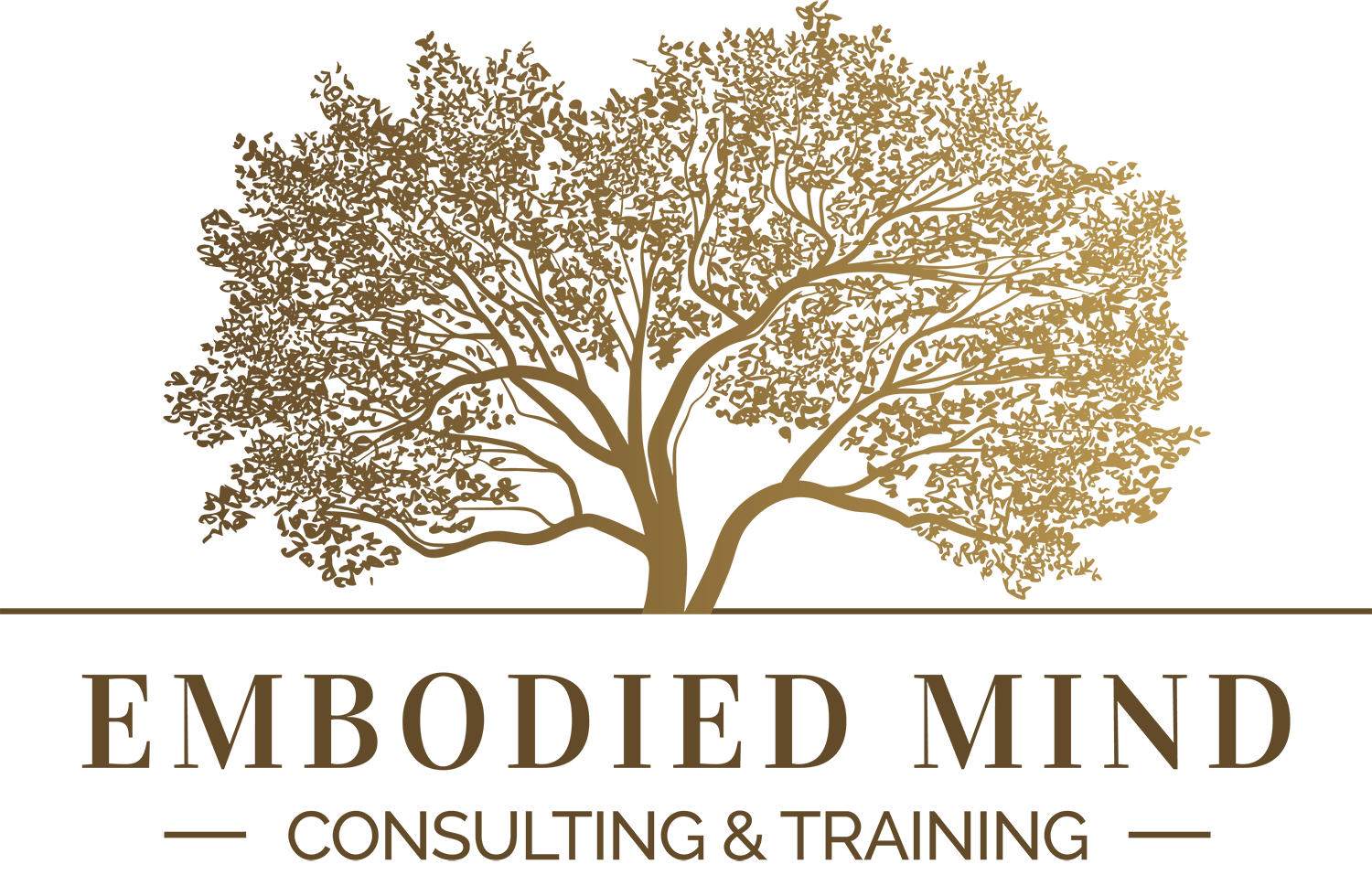Sustainability in Organizational Development, Part 2: An Experiment with Jane Loevinger’s Ego Development Stages
A blog post in two parts by Schirin Groß-Yachkaschi, Claudia Schröder & Andrea Taher, originally published by the Agile Organizational Development Guild
Part Two
Since the founding of the Agile Guild, several circles have been established. This is a blog post from the Circle for Sustainability and Organizational Development (NOE), presented in two parts.
https://agile-gilde.org/organisation/
Part Two
Dealing with Existing Attitudes and Behaviors in Organizations
In our final exploration round, we gathered ideas about how we might engage with these attitudes when we want to introduce the topic of sustainability in organizational development (OD). This phase is described below:
We divided into small groups and reflected on the phrases and words that had emerged during our first exploration. Then, we collected responses to the following questions:
How might the topic of sustainability be addressed within an organization or with decision-makers?
What might that look like at each developmental stage? And when might it make no sense at all?
The result was a collection that we found helpful for further reflections on the topic.
Here are a few excerpts from the participants' reflections:
It’s encouraging that we came up with ideas for all the different attitudes—within relatively short reflection periods—on how we might approach them. By stepping into each attitude, we open up new ways to make the topic of sustainability understandable and actionable. We try to speak the language that each stage or mindset needs. Ideally, we’ve already integrated these various attitudes within ourselves and can navigate among them. Ultimately, this is no different from a fundamental insight we hold as consultants: it’s important to meet people where they are and speak to them accordingly.
Exploring the different attitudes was helpful in making them more accessible—especially in relation to sustainability—and in broadening our ideas through exchange.
It’s important to recognize that the thoughts and feelings gathered in each stage (as described in Part One) represent just a small excerpt of the possible perspectives that can exist within each attitude. In several stages (red/amber/blue/orange), sustainability can be approached from both a positive/supportive and a dismissive/ignorant/self-centered perspective. Accordingly, as consultants, we can still engage constructively with the perspectives of these stages—and perhaps invite a shift in viewpoint.
We were surprised by the number of innovative ideas and reflections on how to support organizations in the area of sustainability that emerged from this exploration using the attitude model. This gives us confidence—and also the conviction—that the exploration is far from complete, and that further thought and exchange are both necessary and worthwhile.
We also observed how effortlessly ideas emerged when addressing attitudes aligned with "emotional" or "systemically oriented" leadership. A circle closed here. The intelligence of nature itself (e.g., the flow of information through mycelial network structures) became the focus of our attention: Nature as a model and a source of insight for developing sustainable behaviors in organizations.
Further reflections:
Why do we want to actively bring the topic of sustainability into organizational development? Is it perhaps only meaningful if the topic arises organically? Otherwise, as systemic consultants, would we be introducing a content-related agenda without a mandate to do so?
These questions have occupied our circle from the very beginning—and we decided to pursue it anyway. We see it as our responsibility to introduce this globally relevant topic in the areas where we have influence. This is about life on this planet. The topic may not always fall on fertile ground. But if we manage to plant a few seeds—perhaps even spark a shift in thinking—within the different attitudes, then that alone would be a meaningful contribution.
We will have impact where we are able to act.

